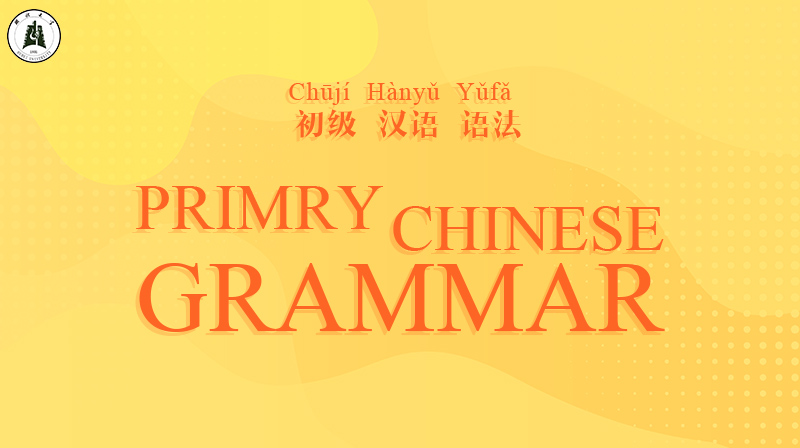第四章单元测试
- 以下哪个中文句子不是名词谓语句?( )
Which of the following Chinese sentences is not a sentence with a nominal predicate? ( ) 下面哪个中文句子不对?( )
Which of the following Chinese sentences is grammatically incorrect? ( )下面哪些词组不合语法?( )
Which of the following phrases are grammatically incorrect? ( )- 下面哪些汉语句子中的“有”表示“to have, to possess”?( )
In which of the following Chinese sentences, the verb “有” indicates “to have, to possess”? ( ) - 如果一个形容词谓语句的句中没有副词,那么这个句子的意思就不是描述性的,而是含有比较的意味,例如,这种手机贵,那种便宜。
If there is no adverb in a sentence with an adjectival predicate, the meaning of the sentence will not be descriptive, but may imply a sense of comparison instead. For example: 这种手机贵,那种便宜。(This kind of cell phone is expensive, and that kind is cheap.)( ) - 在形容词谓语句中,通常不需要在主语和谓语形容词之间加“是”。
In a sentence with an adjectival predicate, “是” usually can’t be inserted between the subject and the predicate adjective. ( ) - “她非常生气极了”这个句子不对,可以改为“她非常生气”或者“她生气极了”。
The Chinese sentence “她非常生气极了” is grammatically incorrect and can be changed into “她非常生气” or “她生气极了” , remaining its original meaning “She was very angry”. ( ) - “I have found your passport”用汉语可以说“我找到了你的护照”或者“你的护照我找到了”。
The sentence “I have found your passport” can be translated into Chinese as “我找到了你的护照” or “你的护照我找到了” .( ) - 在描述天气状况或自然现象时,通常使用非主谓句,例如,刮风了,下雨了,出太阳了。
To describe weather conditions and other natural phenomena, non-subject-predicate sentences are usually used. For example, 刮风了, 下雨了, 出太阳了. (It’s windy. It’s raining. The sun is shining. ) ( ) - 无主句也常用来表达美好的祝愿或者发出命令等。例如,“祝你生日快乐!”和“小心火车!”等都是这样的无主句。
The sentences without a subject are often used to express good wishes or a command. For example: Both “祝你生日快乐!(Happy birthday to you!)” and “小心火车!(Watch out for the train!)” are of this kind of sentences. ( )
A:今天热极了。It’s awfully hot today. B:下星期五中秋节。Next Friday is Mid-Autumn Festival. C:我的汉语老师三十三岁。My Chinese teacher is thirty-three years old. D:今天晴天。It’s sunny today.
答案:今天热极了。It’s awfully hot today.
A:玛丽左边是麦克。To Mary’s left is Mike. B:学校西边是一家医院。To the west of the school is the hospital. C:爸爸的右边有妈妈。Next to Dad is Mom. D:楼前边是花园。In front of the building is the garden.
A:都也不是 B:也不都是 C:都也是 D:也都不是
A:一年有十二个月。 B:我的同学有中国人、美国人、英国人和日本人。 C:她有很多照片。 D:长江有六千三百多公里。 E:我有一个哥哥和一个妹妹。
A:对 B:错
A:错 B:对
A:对 B:错
A:对 B:错
A:错 B:对
A:错 B:对
温馨提示支付 ¥3.00 元后可查看付费内容,请先翻页预览!
